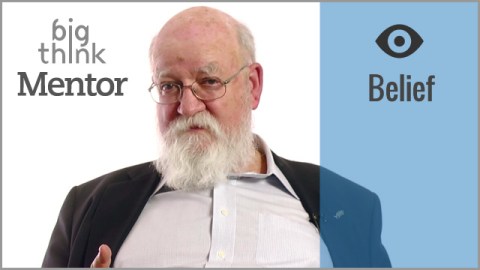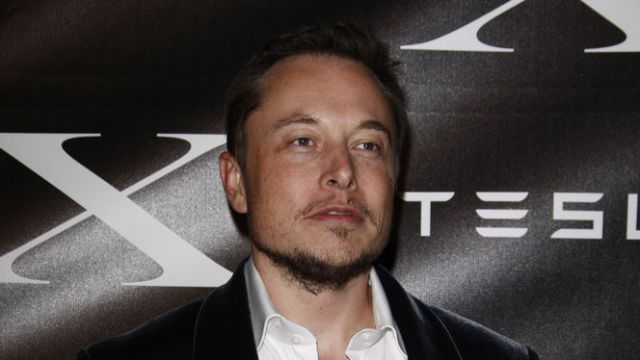But How do You KNOW That You Know?

I’d wager that most of us tend to think we know, rather than believe, things like where we were born or what profession we’re in. I’d go further, still, and claim that most of us are emotionally invested in there being a clear demarcation between what we believe and what we know, and wouldn’t take at all kindly to being told that the most fundamental facts of our personal identity lie, in fact, somewhere along the spectrum of belief from total guesswork to convincing, evidence-based certainty.
But it’s true, after all. How do you know where you were born? Because your parents told you and you trust your parents? Because of an official-looking birth certificate? What if your parents were lying? What if the certificate were a forgery? How certain are you, really? These are the kinds of questions that cause laypeople to avoid philosophers like the Black Death.
Philosopher Daniel Dennett has spent much of his career running toward such questions, investigating the nature of belief. When a five year old says “my daddy is a doctor,” for example, of what does her knowledge consist? A couple of sentences like “doctors help you when you’re sick”? A few links to memories of getting a shot, then a lollipop?
Video: Thought Experiment #1: A Brother in Cleveland, with Daniel Dennett | Big Think Mentor (free preview – full video available with channel subscription).
In How to Think Like a Philosopher, his video workshop for Big Think Mentor, Dennett shares an “intuition pump” (a term he prefers to “thought experiment”) designed to help any thinker investigate the nature of belief. The idea is this: a neurosurgeon has encoded in your brain the notion that you have a brother living in Cleveland. After the operation, you are interviewed about your family. What happens? Of what would the “notion” need to consist not to collapse after a few probing questions (“So, what’s your happiest childhood memory of spending time with your brother…?”).
Dennett calls these kinds of scenarios intuition pumps rather than thought experiments because they are designed to lead the thinker to certain conclusions or understandings. They’re stories with a moral. In the case of “A Brother in Cleveland,” the point is that beliefs come in clusters rather than fragments. This may seem obvious (as it did to me), but it’s actually the basis of a major schism between philosophers of mind.
So why should you, assuming you are neither a professional nor an amateur philosopher, actually give a damn? Because we live in a world in which the sources of information are rapidly proliferating and in which “authoritative” sources of knowledge, problematic as they may always have been, are now becoming endangered species. Wikipedia is far more often consulted than the Encyclopedia Britannica (which permanently retired its print edition last year), HuffPo more “clickable” than The New York Times. Renowned universities are being turned into start-up incubators. And when the citadels of knowledge for knowledge’s sake collapse, the marketers rush in to fill the void. We’re in greater need now than ever of epistemology – a careful, systematic examination of what we know and how we know it.
While they may be annoying at cocktail parties, philosophers are, above all else, good thinkers. They delight in and excel at poking and prodding at ideas to see if they deflate, metastasize, or hold their ground. In our solution-oriented, forward-facing age, the ancient tools of philosophy may ironically be our best hope of saving ourselves from our own ignorance and tendencies to self-deceive.




